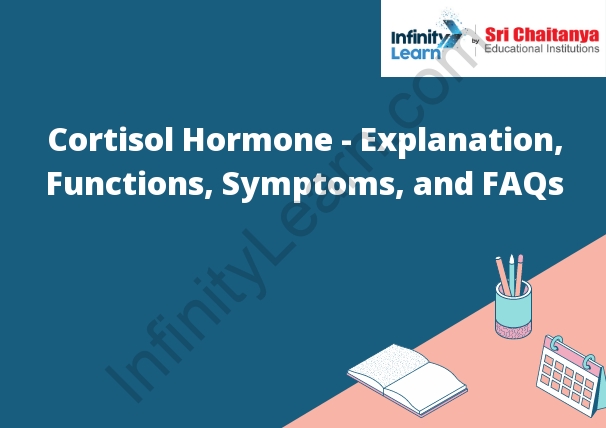Table of Contents
Introduction;
Background; Hypothesis; Materials and Methods; Results; Discussion
Introduction
In order to survive, organisms must maintain a stable internal environment. This internal environment is known as homeostasis. One way that organisms maintain homeostasis is by regulating their body temperature. In mammals, the body temperature is regulated by the hypothalamus. The hypothalamus is a small, almond-sized structure located in the brain. The hypothalamus regulates body temperature by controlling the amount of heat produced by the body and the amount of heat lost to the environment.
Background
The hypothalamus regulates body temperature by controlling the amount of heat produced by the body and the amount of heat lost to the environment.
The hypothalamus regulates the amount of heat produced by the body by controlling the activity of the thyroid gland. The thyroid gland is a small, butterfly-shaped gland located in the neck. The thyroid gland produces thyroid hormones, which control the rate at which the body produces heat.
The hypothalamus regulates the amount of heat lost to the environment by controlling the activity of the skin. The skin is the largest organ in the body. The skin controls the amount of heat lost to the environment by controlling the amount of heat that is radiated from the body.
Hypothesis
The hypothalamus regulates the amount of heat lost to the environment by controlling the activity of the skin.
Materials and Methods
The study was conducted on six adult male volunteers.

Cortisol Function
Cortisol is a hormone that is released by the adrenal gland in response to stress. It helps the body to deal with the stress by increasing blood sugar levels, blood pressure, and the heart rate. It also suppresses the immune system. Cortisol production is regulated by the hypothalamic-pituitary-adrenal axis. The hypothalamus releases corticotropin-releasing hormone (CRH), which stimulates the pituitary to release adrenocorticotropic hormone (ACTH), which in turn stimulates the adrenal gland to release cortisol.
Too Much Cortisol
Cortisol is a hormone that is produced by the adrenal gland. It is released in response to stress and helps the body to deal with the stress. Too much cortisol can have negative effects on the body.
Too much cortisol can cause the body to release too much sugar into the blood. This can lead to diabetes and other health problems. Too much cortisol can also cause the body to store more fat. This can lead to obesity and other health problems.
Too much cortisol can also cause the body to release less of the sex hormones. This can lead to problems with fertility and sexual function. Too much cortisol can also lead to a weakened immune system. This can make the body more susceptible to infection and other health problems.
There are a number of ways that you can reduce the amount of cortisol in your body. You can exercise, eat a healthy diet, and get enough sleep. You can also use stress-relief techniques, such as yoga or meditation, to reduce the amount of cortisol in your body.
Too Little Cortisol
Too little cortisol can lead to a condition called Addison’s disease. Addison’s disease is a rare condition that affects the adrenal glands. These are the glands that produce cortisol. If the adrenal glands do not produce enough cortisol, the body cannot fight infection or stress. Symptoms of Addison’s disease include fatigue, weight loss, and low blood pressure.



